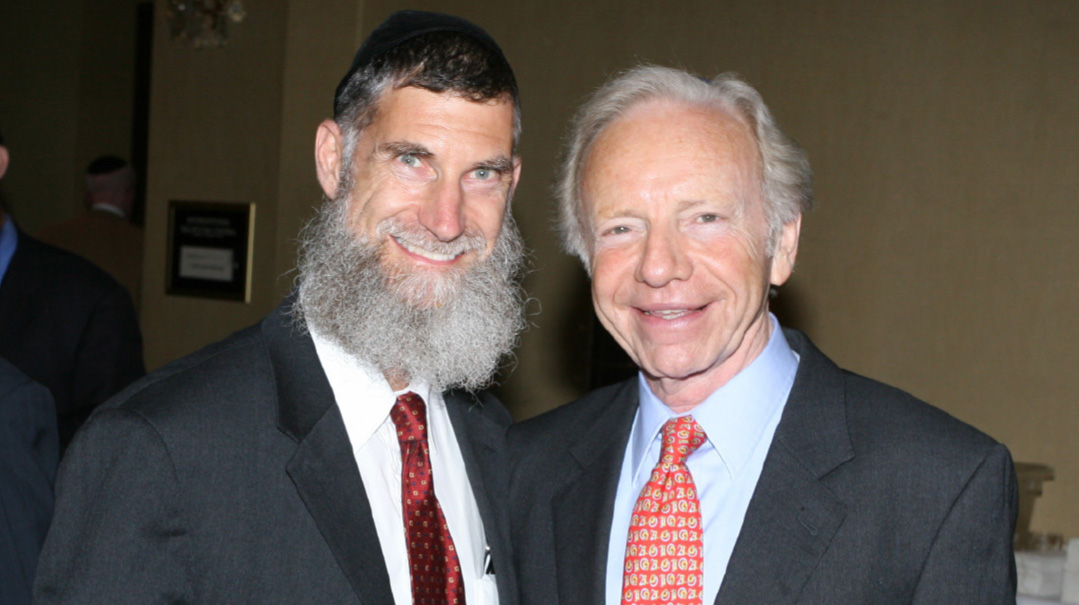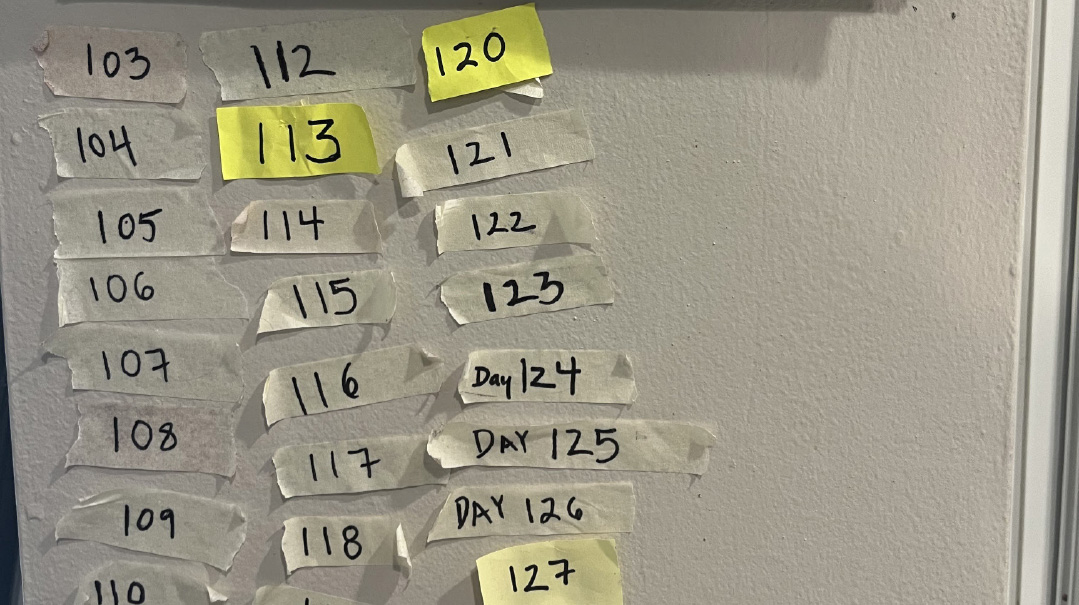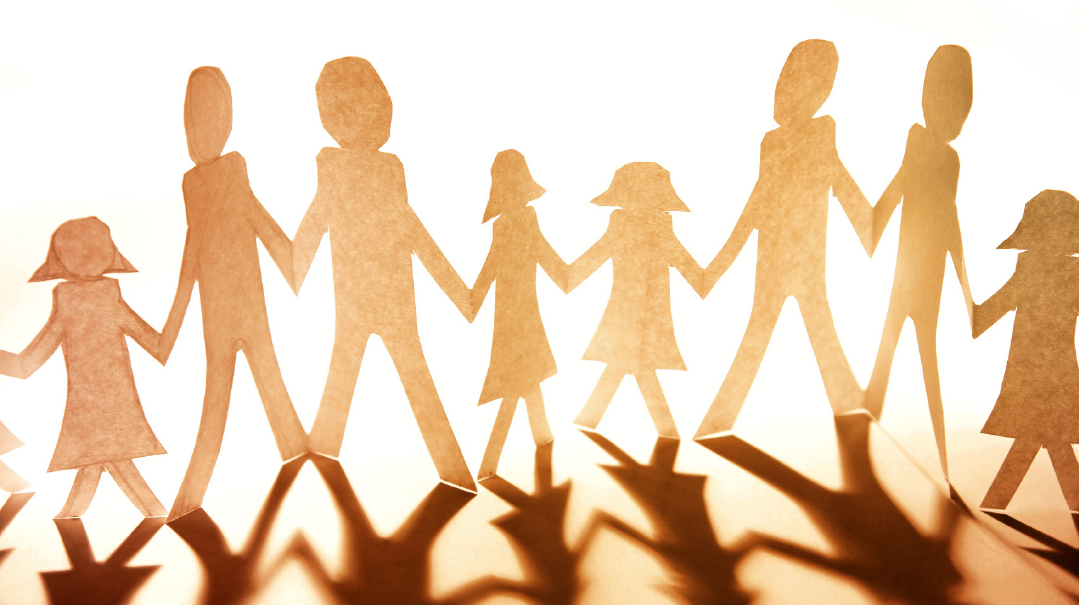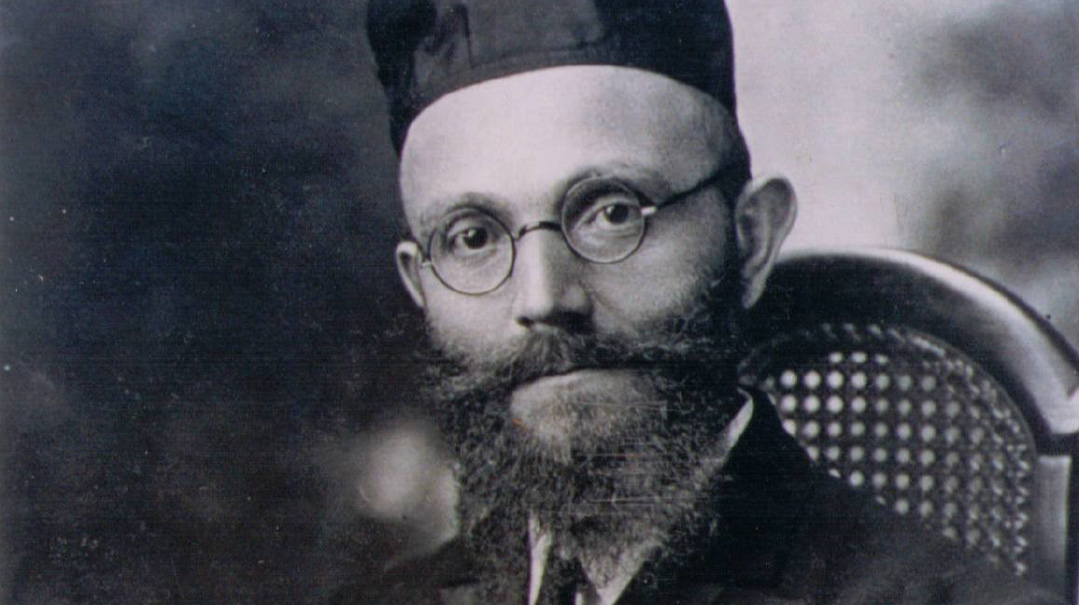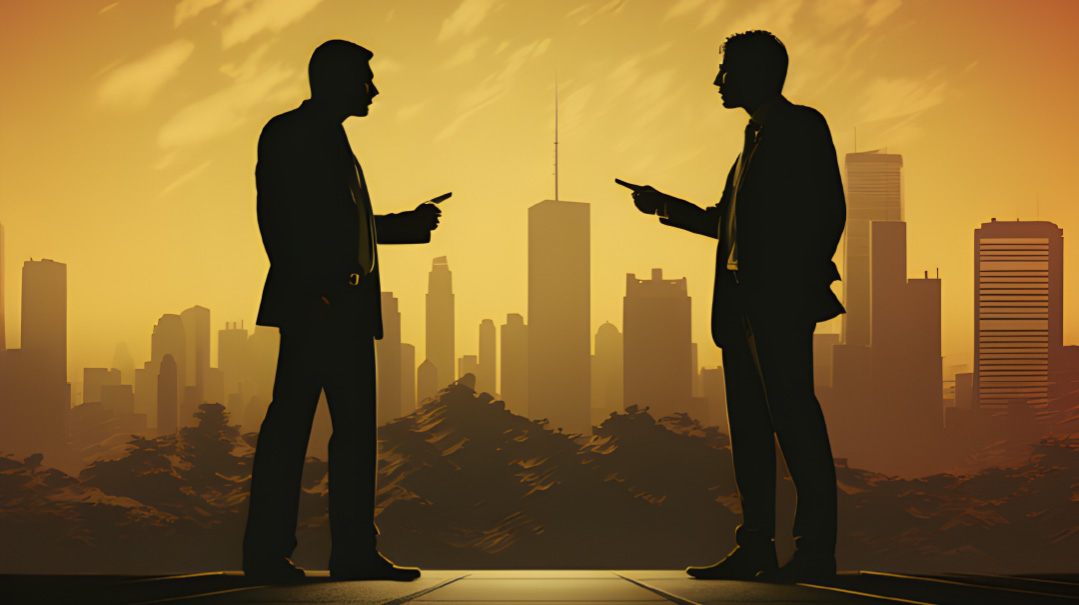The Dancing Rabbi
| November 15, 2022As you might imagine, the experience didn’t particularly endear that community to me
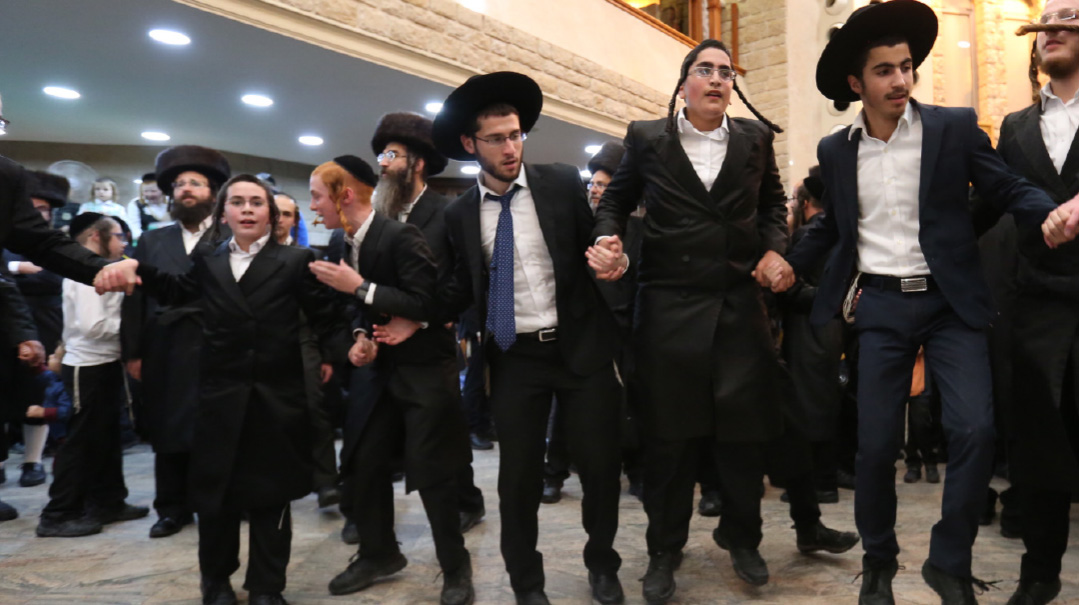
AS a young teenager, I learned in a yeshivah that was part of a different community than the one my family belongs to. I can’t identify the yeshivah or any of the communities involved, because the experience was not a pleasant one; the boys attacked my community and mocked its ways, mercilessly, as proud, immature young men will do. I tried to defend my minhagim and gedolim along with the other boys from a similar background, but we were quite outgunned. In exchanges like these, numbers make a difference. Every time I made a passionate argument in our favor, the others would just laugh. What could I do?
As you might imagine, the experience didn’t particularly endear that community to me. I never completely forgave these boys or this community. Though I try to be accepting, loving, and open-minded to all kehillos and mesoros, I had developed a cynicism toward this particular group. I really tried — and still try — to rise above it. Let old gripes die, move on — no one is perfect. And ahavas Yisrael is so important. But…
One evening a few years ago, I was at a family wedding, and I noticed the chassan’s rosh yeshivah dancing with him. This rosh yeshivah clearly belonged to the same community as my yeshivah classmates. He was dancing energetically, surrounded by his students, but there was no mistaking the grimace on his face.
The cynic inside me latched onto that. For all this rosh yeshivah’s apparent love for his talmidim, his show of dancing in the chassan’s honor, the prospect of a distinguished person like himself dancing for a young “shnook” pained him. He could pretend to dance with enthusiasm, but he couldn’t prevent his true feelings from showing. So insisted the voice calling out from a wounded place deep inside me.
Fast-forward several years.
One day , the tragic news hit the Jewish community: A respected but relatively young rosh yeshivah had passed away after a prolonged battle with cancer. It was the rosh yeshivah I had seen dancing a few years prior. To be honest, I didn’t identify very strongly with him, his yeshivah, his standing in the frum world, or the loss of his passing. The whole story occupied a peripheral space in my consciousness, at most.
But then, something clicked. This rosh yeshivah had been sick for a number of years, and it was not made public knowledge. That meant that the night I saw him dancing with a grimace on his face, he was probably already suffering from cancer, from the painful treatments, and from the side effects. And that meant that he was likely grimacing not from the discomfort of having to lower himself before his young talmid, but rather from sheer physical pain. He was dancing in spite of what his body felt. And that meant… that I was wrong. I had judged the rosh yeshivah unfavorably — and I had completely misread the situation.
I haven’t completely eradicated every last trace of the hurt from my yeshivah years. But this experience did alter something inside me, hopefully permanently. True, people are imperfect. And there is no justification for someone attacking your community, your source, and your roots. But those actions aren’t that person’s whole story, and it certainly doesn’t justify doing the exact same thing back.
And so, every so often, when I am tempted to bash some quirk of that community, I remember the rosh yeshivah who danced with his students despite his cancer, a man who was great despite being different from me, and I do my part: I don’t judge.
(Originally featured in Mishpacha, Issue 936)
Oops! We could not locate your form.

